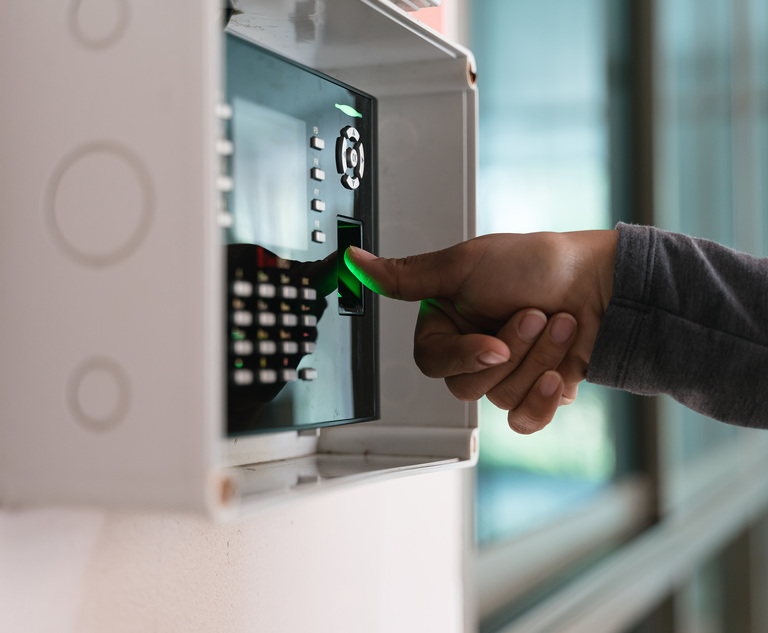As technology has advanced, so too has the use of biometric information to enhance security and authentication processes. But while this biometric technology can provide more robust, advanced security—think face identification to log into your smart phone—it also carries increased risk.
If compromised, the uniquely personal nature of biometric information leaves a wronged party vulnerable to identity theft, hacking, and other nefarious privacy violations. Increasingly, legislatures throughout the U.S. are enacting statutes requiring companies that collect this information to protect it as well.
This content has been archived. It is available through our partners, LexisNexis® and Bloomberg Law.
To view this content, please continue to their sites.
Not a Lexis Subscriber?
Subscribe Now
Not a Bloomberg Law Subscriber?
Subscribe Now
LexisNexis® and Bloomberg Law are third party online distributors of the broad collection of current and archived versions of ALM's legal news publications. LexisNexis® and Bloomberg Law customers are able to access and use ALM's content, including content from the National Law Journal, The American Lawyer, Legaltech News, The New York Law Journal, and Corporate Counsel, as well as other sources of legal information.
For questions call 1-877-256-2472 or contact us at [email protected]


 Credit: bonnontawat/Adobe Stock
Credit: bonnontawat/Adobe Stock




